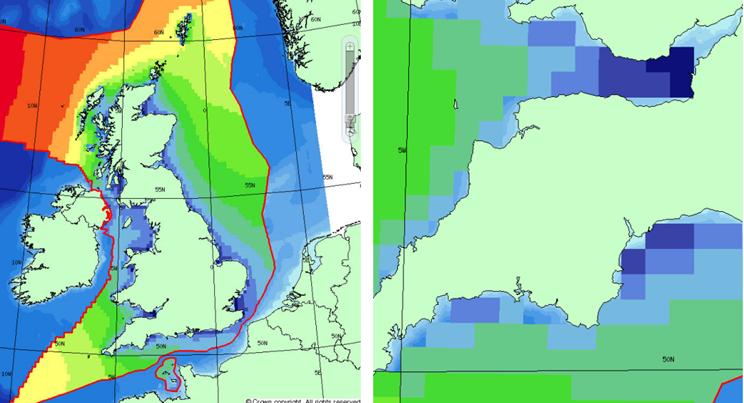Find out what the progress is with energy and community energy in Devon in our strategic energy reports.
Socio-Economic Impact Report of Community Energy
The Report (2021) was commissioned by Devon County Council and the South West Energy Partnership, funded by the European Local Energy Assistance programme. The study aim was to understand what, if any, difference in cost there might be from purchasing energy from a community energy provider compared with a mainstream commercial provider. It concludes that the long term benefits from a community energy scheme can be worth up to seven times more than the additional initial investment required over a straightforward commercial opportunity.
Devon Community Impact Report
The Devon Community Energy Impact Report (2018) provides an insight into community energy activity in Devon. It was delivered in partnership with Devon County Council and the 23 community energy organisations in the county.

The key findings:
- There are more community energy organisations in Devon than any other county in the UK (23).
- These organisations run 62 community owned renewable projects, which have generated 17,431 MWh of clean green energy, saving 6,080 tonnes of CO2 emissions and helping 2,717 homes to save on energy bills and increase their energy efficiency.
- The 12.3 MW of capacity installed by community energy groups represents 1.3 per cent of the total renewable electricity installed in Devon.
- Community energy organisations in Devon have raised £14.1 million of investment, enabling them to create 33 FTE jobs.
- Devon is taking a leading role in the UK’s community energy revolution, and demonstrates the environmental, economic and social benefits that community energy projects are delivering locally.
- Devon is taking a leading role in the UK’s community energy revolution. The environmental, economic and social benefits that community energy projects in Devon bring are being delivered to the local community.
South West Devon Energy Study

The study provides a detailed analysis of energy use in the region. It points to the areas where progress can best be made in reducing energy consumption and implementing renewable technologies.
The key findings:
- Broadly, there is an equal split in energy consumption across the non-domestic, domestic and transport sectors in SW Devon.
- The use of non-gas fuels in the homes is higher throughout SW Devon than nationally.
- £0.4 billion is spent on energy in SW Devon – equivalent to about a fifth of the economic output of the area or about 15,000 full time jobs.
- £2,600 per person per year is spent on energy in SW Devon.
- Over half of the energy spend is on road transport.
- There is plenty of potential to both reduce energy demand, and to generate more sustainable supplies of energy within the area.
Download the documents here:
North Devon Biosphere Reserve Energy Study

The study takes a detailed look at the energy sources and use across the Biosphere Region and sets the direction for activity for conserving energy and reducing energy demand. The study explores the renewable energy options for the area and how we might do our part to meet international obligations.
The key findings:
- The amount of money spent on energy in the plan area is £300m, equivalent to 15,500 jobs
- 20% of the energy use is in private cars which accounts for 30% of expenditure
- 9% of households are in fuel poverty, most of which are in areas with no mains gas
- 31% of the energy use is on domestic heating
- 35% of homes use oil or electricity as the primary heating fuel
- 50% of properties have inadequate loft insulation
- There is much more resource available for renewable energy than is currently deployed
